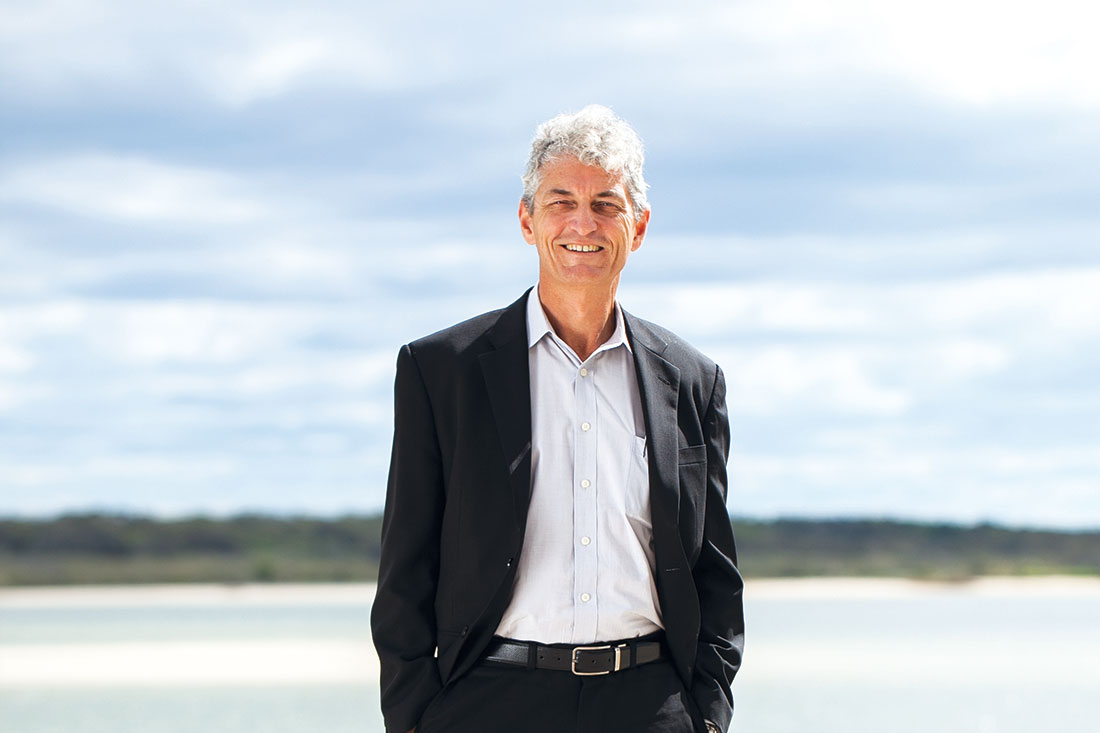
Barefoot Corporate Warrior: Autumn 2023
I’m a Believer? Or A Column of Inconvenient Questions
Do you believe in something? Anything? Nothing?
If you do; do you hold tight to your belief/s, white-knuckling it through the ups-and-downs; clinging desperately to a-kind-of lifebuoy in a sea of uncertainty?
Do you become agitated when your beliefs are challenged – defensive and aggressive – and perhaps pensive and reflective afterward in private?
Or, do you lock your beliefs in a box for fear they will wreak havoc and mayhem wherever and whenever they arise, offend others and lead to rash and ill-considered actions?
Perhaps you hold your beliefs loosely, without tension, seeing them as merely guide posts in a sometimes confusing and ever-changing life? Do you see beliefs as social constructs designed to simply stave off our greatest fear (death)?
Are beliefs simply more human myth-making, a soothing balm of sorts?
Are beliefs necessary to a fully functioning and experiencing human life?
I have been thinking about a song penned by Queen and Paul Rodgers called We Believe. The song outlines a series of beliefs which the songwriters want to share with the listener.
A small excerpt:
We believe every creature has a being
Has a right to respect and feeling
To live and breathe and flourish in the sun, yeah That’s what we believe
Once again I am borrowing from the wisdom of popular song lyricists to kick-off this reflection (see Bob Dylan, Bernie Taupin, John Lennon and Paul McCartney, Jacques Brel, Don Walker, Tom Waits and the list goes on – masters in observing, understanding, interpreting and challenging the human condition with wit, wisdom, empathy and pathos).
A recurring theme which many great lyricists explore revolves around believing in something, the actions this believing inspires and the results of these actions, ranging from the great to the disappointing (Love being one such theme).
If you do actually have some beliefs, from which sphere of human existence are they drawn? Are they spiritual?
If so, do they fit neatly into an established religion or are they a bit messier than that, spanning across multiple religions? Is there a unifying, one belief which you subscribe to?
Are your beliefs rooted in political, economic or social theory, or simply formed by the “school of hard knocks”?
Did you develop any of these beliefs yourself or where they provided to you, handed down generationally and received without question?
Do you have any beliefs which could be called “original” (is there such a thing)?
Are your beliefs mainstream or fringe, perhaps destined to become mainstream in 20 or 30 years’ time?
Are your beliefs fact-based?
Have you mistaken the immature, confused musings of youth and peer-group pressure for a belief system?
Some supposed beliefs aren’t really beliefs at all, more passing fads masquerading as beliefs.
I recall reading somewhere that a study had found people’s tastes in music changed significantly over any given 10-year period, which came as something of a surprise. For example, I remain an Elton John fan of approximately 50 years duration.
Is it possible that your beliefs have also morphed significantly, if not radically over the course of your life? If they have, are you aware of this?
I know I am posing lots of questions but I have found question asking to be a very useful decision-making approach in business and in life.
Answering the questions is the time-consuming part.
If I cast my mind back 10 or 20 years I see some fundamental shifts in my own beliefs. The sweep of history, back through millennia and in recent times helps inform certain beliefs – if we are open to the lessons of the past.
If you were forced to sit down (or forced yourself to do so) and pen your own I Believe song could you do it?
Would you struggle or would it be easy? Would this exercise lead to any questioning of what you thought you believed? Would it lead to an update/revision of your values and the way you lead your life?
It may prove a simple, ‘no-questions-asked’ exercise for you. You may hold that firmly to what you believe.
Or, it may become a thoughtful work-in-progress, something you bother at an intellectual and soul-level until you have articulated what it is you actually believe.
Some beliefs die hard and abrupt deaths when new information or the zeitgeist shifts dramatically – the outbreak of a war for example when we had believed that nations had moved beyond this form of conflict.
Others slowly melt away, ebbing into the night silently without real scrutiny or thought.
The evolution of our belief systems over a lifetime, especially a lifetime lived in the modern age of rapid technological and social change, can result in the emergence of newish and reinvigorated selves on a semi-regular basis.
Adopting new or altered beliefs can be a kind-of rebirth.
An example of a belief which I have shed is one which I held as a young person growing up in the latter half of the 20th century – that civilisation progresses in a linear fashion i.e. everything keeps getting better and improving as society and technology move forward.
I have now understood from a greater appreciation of history (see the Dark Ages in Europe following the collapse of the western Roman Empire) and also having observed the impacts of war and great dislocation on countries and people, that progress (material, technological, social etc) is certainly not guaranteed and in fact, reversions to prior levels of poverty, autocratic government and social dysfunction is not only possible but always lurking if we do not continue to focus on the building blocks of what we now take for granted.
I also, rather naively as it turns out, grew up thinking that democracy was the natural and best state for humankind.
I know now that democracy is certainly not guaranteed as a system of government, and indeed, is a rather new form of governing with the jury still out on whether it has the longevity of the ages or is simply itself a passing fad in humanity’s long history of organisational models.
This updated knowledge or belief allows me to live with great gratitude and awareness of the many boons which we benefit from.
I believe … in not taking anything for granted.



